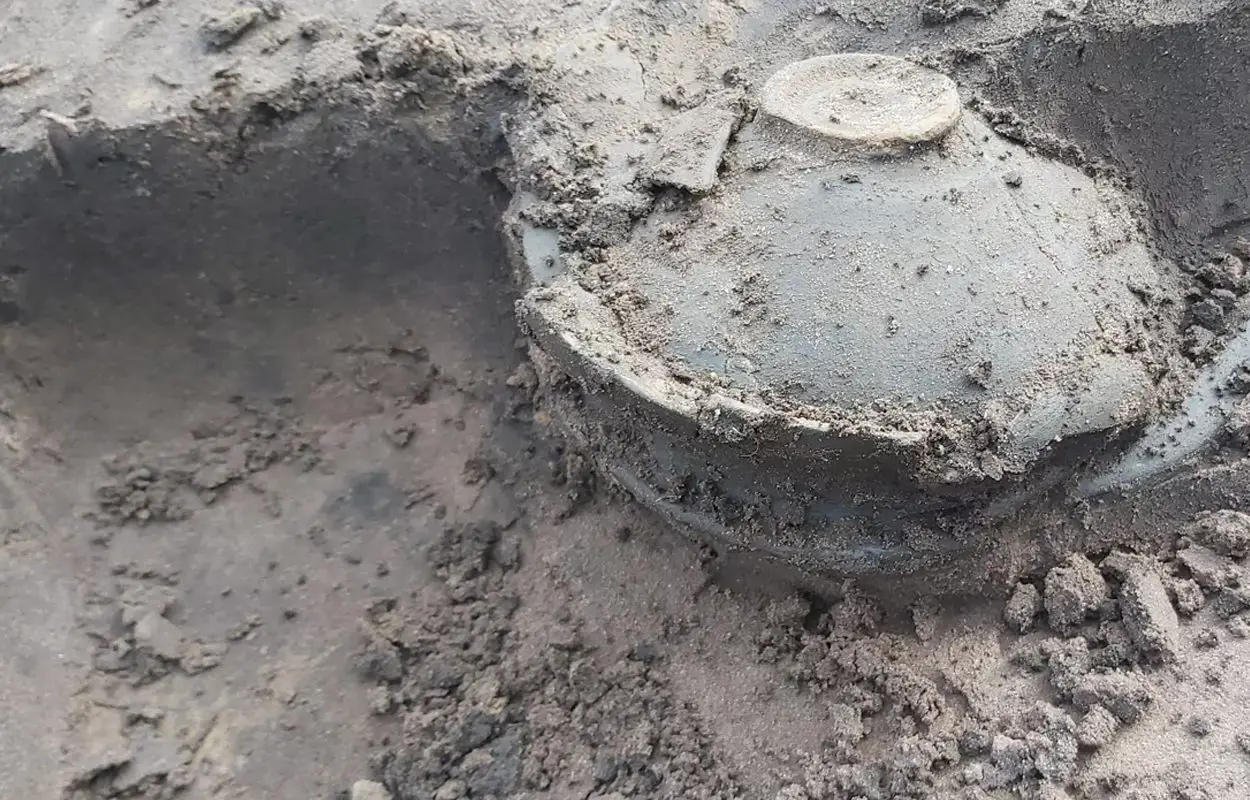Archaeologists have discovered evidence of a Roman sanctuary and cemetery in Elewijt near Zemst, Belgium.
The team were conducting a soil investigation on the site of a now demolished cycling track in the Van Innis sports park.
Elewijt was first settled by the Romans during the 1st century AD as a vicus (rural settlement), situated on the junction of the diverticulum road connecting the eastern city of Tongeren with the western city of Boulogne.
The vicus was destroyed during the end of the 3rd century AD by Germanic tribes and abandoned, with the more modern village being established less than a mile away during the early Middle Ages.
Archaeologist, Kylian Verhaevert, has led the excavations which uncovered traces of burial grounds, circular ditches, and a settlement dating from the Iron Age. The team have also found a Roman cemetery with up to thirty burials and evidence of an open-air sanctuary for worshipping the Roman pantheon of gods.
“These finds are unique to Zemst,” said archaeologist Christof Vanhoutte. “Even in the whole of Flanders, such structures are extremely rare and are almost never encountered. The last time this was recorded archaeologically dates back to before the turn of the century.”
According to the researchers, the cemetery contains cremation burials, where according to tradition, the deceased was placed on cremation pyre and the ashes would then be deposited in urns and buried.
Speaking to Nieuwsblad, Kylian Verhaevert, said: “Nearby we also found some jars, shards of glass and a cloak pin. There is also a Roman or Carolingian well, which we will drain for further research. That is much more than the preliminary investigation suggested.”
Header Image Credit : Dominique van Haesendonck





